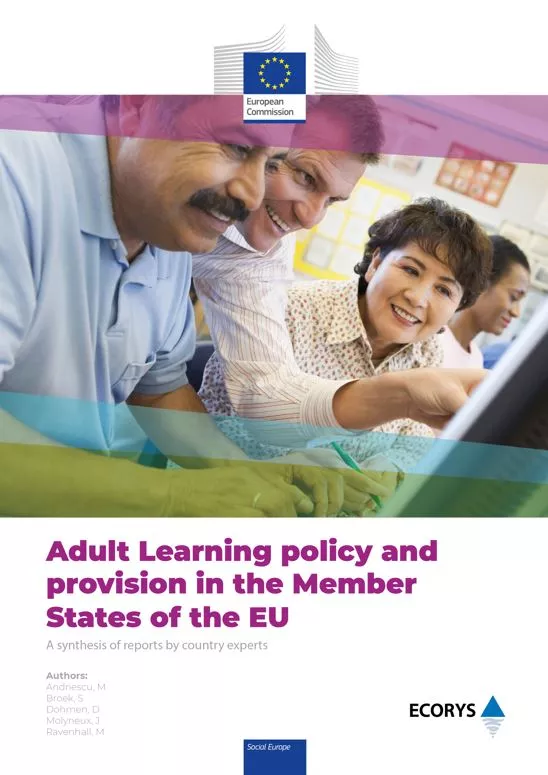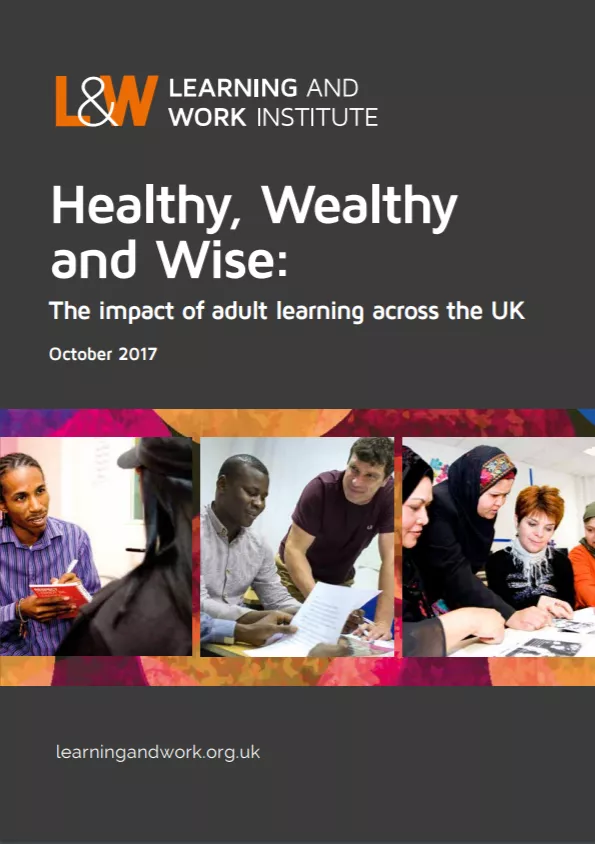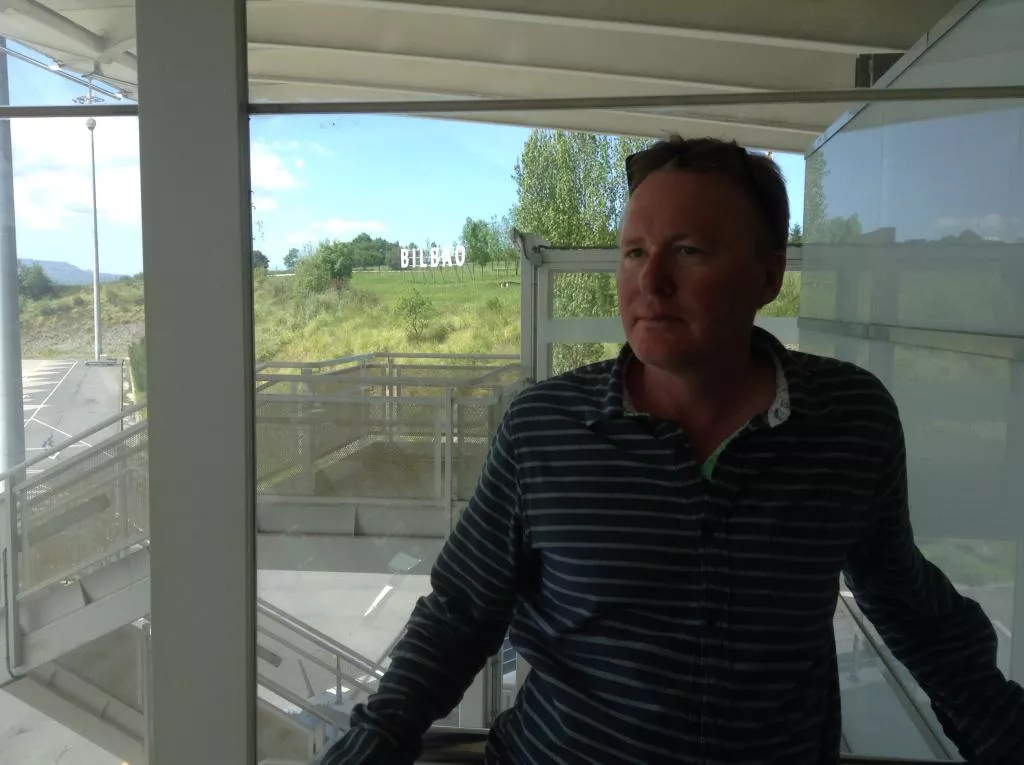Global Challenges, Local Solutions
If there’s one thing a pandemic teaches us, it is we share the same problems wherever we live in the world. What tends to be different is how those problems play out—the challenges they create—and how we respond to them.
So with COVID-19 we have scrutiny on how the virus affects different groups of people, and how prepared health systems are to respond. The crisis has raised questions about the role of supranational bodies as well as that of governments in protecting their citizens. It has also made us question the right administrative level for decisions to be made at: national, regional, city-wide, local? Who has access to the data that informs the decisions?
The same goes for adult learning. It faces similar global challenges and will have find different local solutions.
Global challenges

The role of adult learning in supporting those facing multiple disadvantages is well-documented at global, national, and local levels. The European Commission’s synthesis report on adult learning called for better data collection, sharing, and analysis. Governments need to be better at understanding who participates in adult learning and the impact it has on their lives.
Better analysis and knowledge sharing is one thing. However, actions can only be made at a local level.
Local solutions
Some national governments acknowledge this. In the UK, for example, adult learning policy is devolved to the four jurisdictions: England, Northern Ireland, Scotland, and Wales. Some aspects are ‘double-devolved’ to localities. In England, over half of the national Adult Education Budget (all state-funded post-19 learning outside apprenticeships and higher education) has been devolved to city-regions. In London, the biggest of these, the city’s Skills Strategy, worth in the region of half a billion Euros, links to other plans to address health inequalities, social integration, and cultural development. Adult learning is seen as something that supports a range of outcomes not just employment.
Once cities and regions focus on the full range of outcomes adult education delivers, it raises the question of what types of learning—formal, non-formal, informal, or a blend of these—best support achievement. In the last year, our attention has also focussed on the role of online learning of all kinds.
Healthy, Wealthy, and Wise

Some jurisdictions have taken this forward in various initiatives. Working Well in Greater Manchester supported people with long terms health conditions to access and stay in work. The Northern Ireland Assembly research department mapped the recommendations of Healthy, Wealthy and Wise against its Programme for Government. Outcomes-based approaches are hard-wired into government planning, the question is how best to achieve them. Do you lower the incidence of childhood obesity by banning fizzy drinks or printing leaflets or funding family learning? Or will it be a combination of such things? Public health initiatives are not successful in isolation.
2020 Projects
During the next few months, four projects across the UK will explore the link between devolution and improved outcomes. In Northern Ireland, the Forum for Adult Learning are working with Belfast City of Learning on a series of thinkpieces that look at the link between adult education and health. Research will be showcased at a webinar with other UK cities of learning as well as Cork, Dublin, and Limerick in the Republic of Ireland.
In Wales, the project will evaluate place-based learning approaches to develop effective blended learning delivery in response to social distancing restrictions. Scotland’s Learning Partnership will explore the links between learning and participatory budgeting to inform planning and implementation of the Community Empowerment Act (2015). In England, research will explore the role of skills devolution on how the impact of learning is measured and participation is encouraged.
We are looking forward to drawing together the learning from the four projects for our next Healthy, Wealthy and Wise publication early in 2021. In the meantime, if you would like to get involved in any of the UK projects, please do get in touch.
About the author

Mark Ravenhall is a freelance researcher and author, and Senior Research Fellow at Learning and Work Institute. He’s currently working on the UK contribution to the European Agenda for Adult Learning led by L&W.
This blog is part of the Learning and Work Institute's 2020 collection of blogs and comments from UK adult educators involved in the European Agenda for Adult Learning programme. If you would like to get involved please contact Mark Ravenhall or Joyce Black. |
Remember to share your thoughts in the comment box below or tweet and share on Twitter, Facebook, and LinkedIn.







